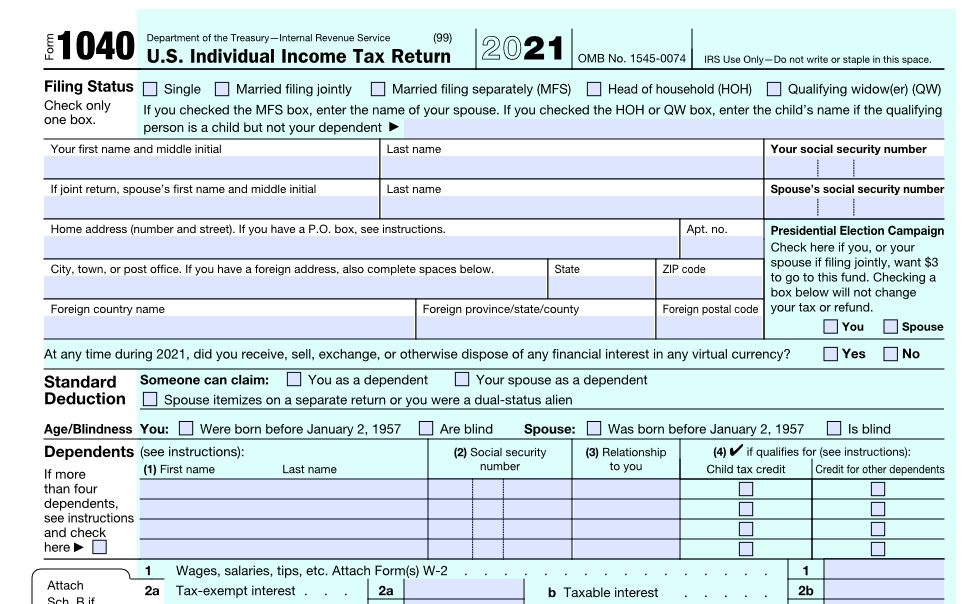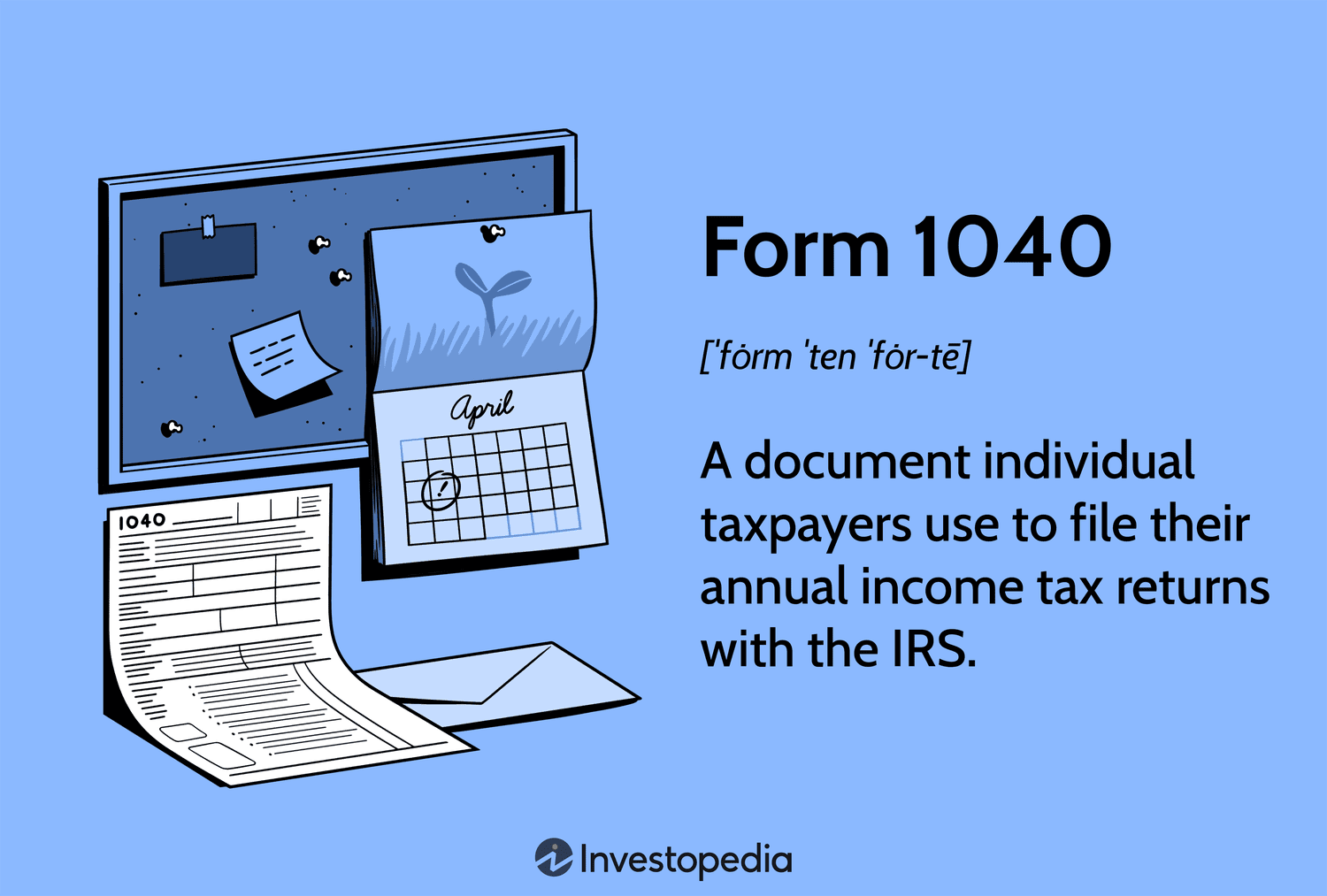Form 1096 is essential for employers sending paper versions of 1099 IRS forms summarizing payments to contractors, and ensuring timely and accurate tax filings.
A Guide for Employers Handling Contractor Payments
Understanding IRS Form 1096 is essential for employers especially during tax season when dealing with contractor payments. It acts like a cover letter for 1099 forms when sending paper versions to the IRS summarizing the information on these forms, according to the report of The Street.
Form 1096 gives the IRS a condensed overview of the paper returns being filed. If you’re reporting payments to contractors or non-employees on forms like 1099-MISC or 1099-NEC, Form 1096 is necessary to accompany these forms.
If you’re sending paper copies of certain forms to the IRS like 1099-MISC or 1099-NEC, you must include Form 1096. Deadlines are typically by the end of January or February, depending on the tax forms being filed.
READ ALSO: $100,000 In Student Loans: Should You Pay Off Federal Or Private Debt First?

(photo: CPA Practice Advisor)
A Must-Know Guide for Paper Filing Tax Forms like 1099-MISC or 1099-NEC
Business owners need to send Form 1096 along with other required tax forms, to the IRS by specific deadlines. Missing these deadlines could result in penalties but you can request extensions if necessary.
Completing Form 1096 involves gathering details like your name, address, contact info, and either an EIN or SSN. You’ll also specify the total number of forms being reported and categorize the submission correctly.
In summary, Form 1096 is crucial for organizing tax filings when sending paper versions of various tax forms. It ensures accuracy and completeness in tax filings, and services like TurboTax Live Business can offer additional support in navigating tax documentation for small businesses.
READ ALSO: $7,500 EV Tax Credit: A Game-Changer For North Charleston Residents – Check It Now!

















































